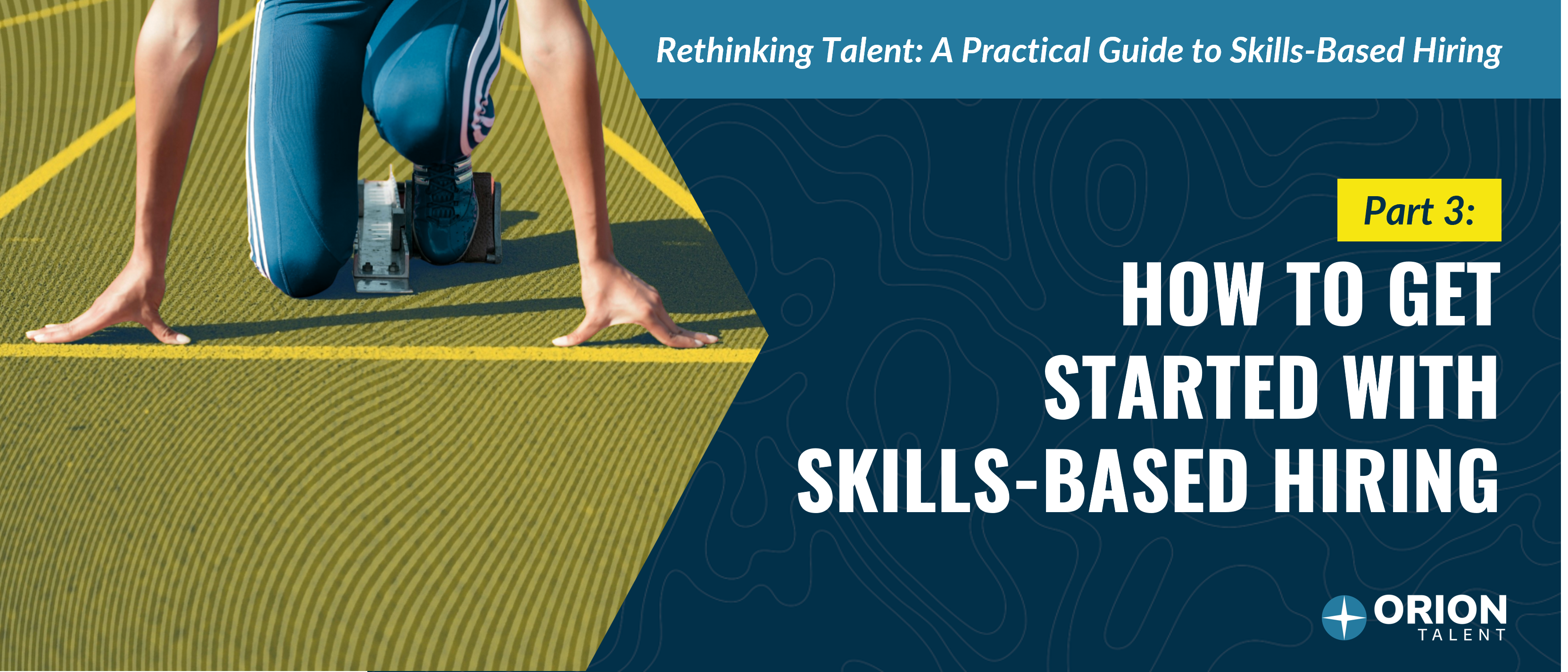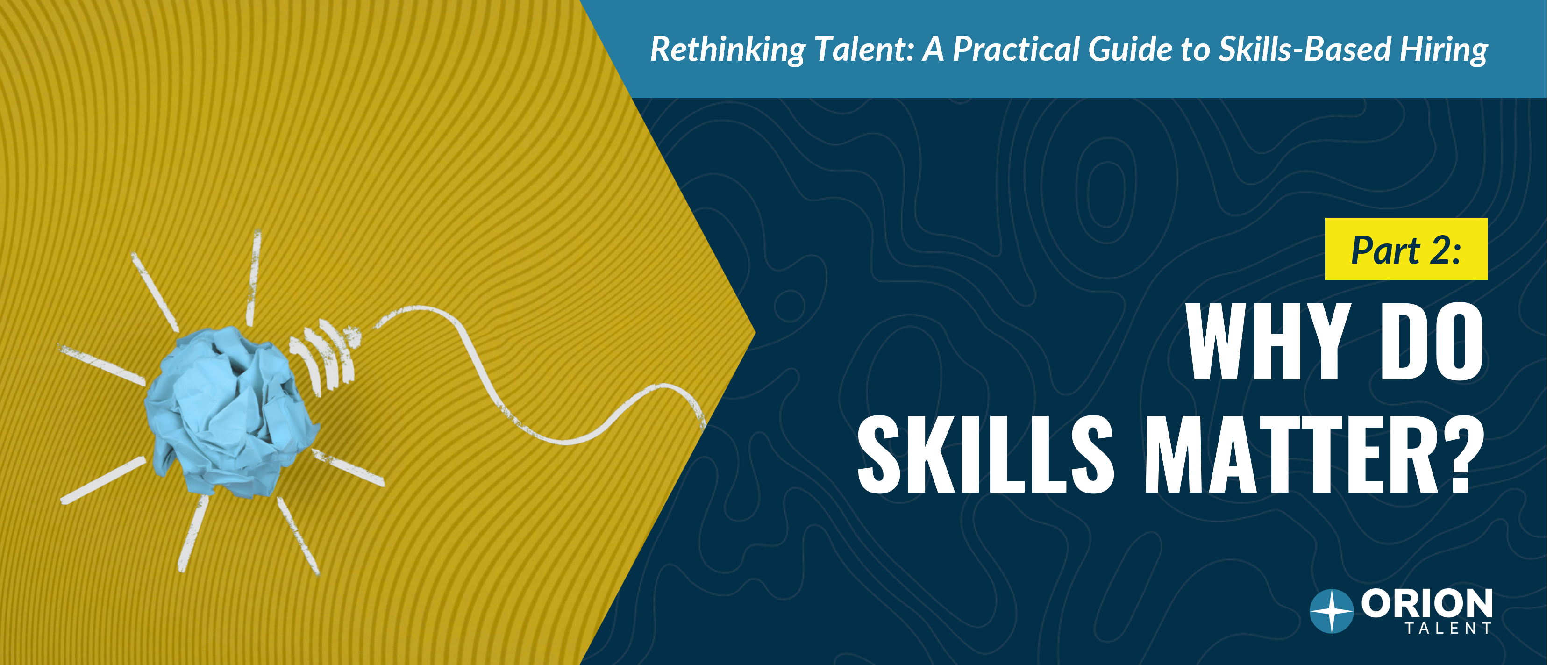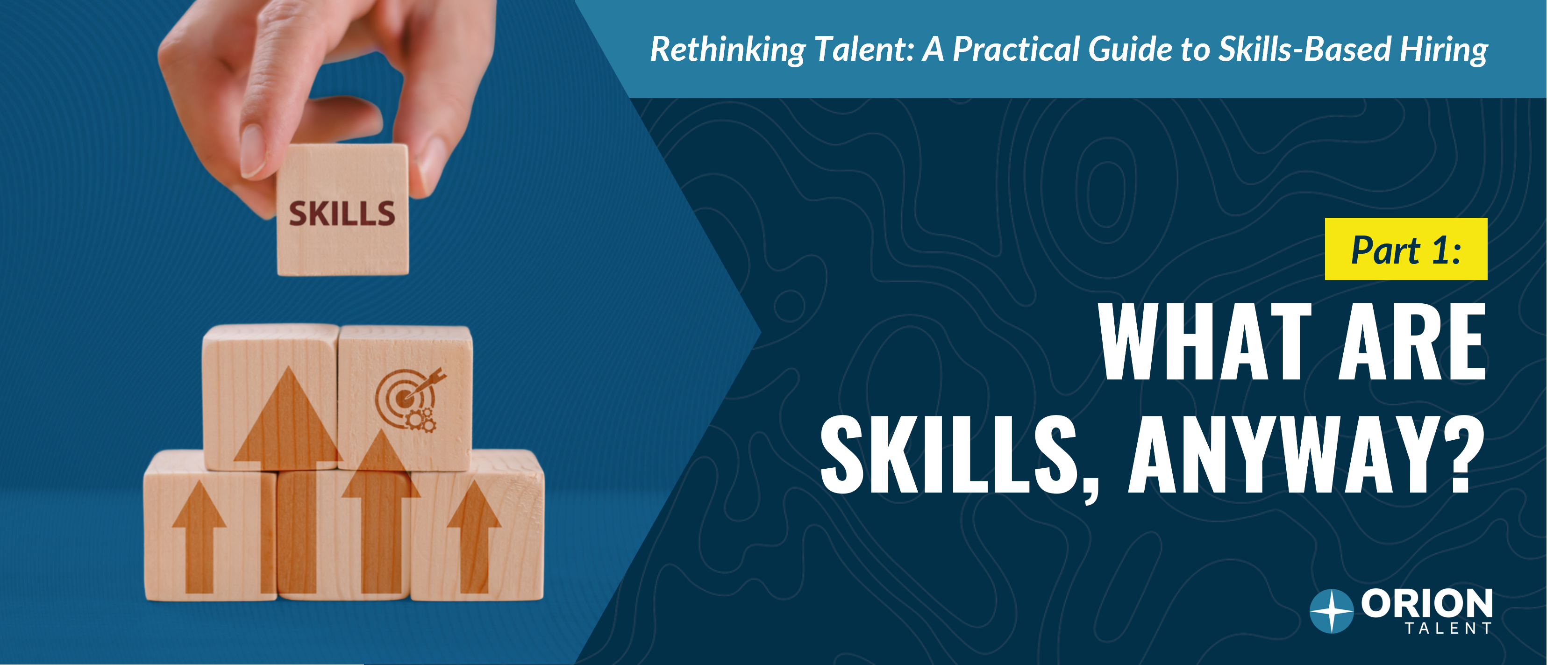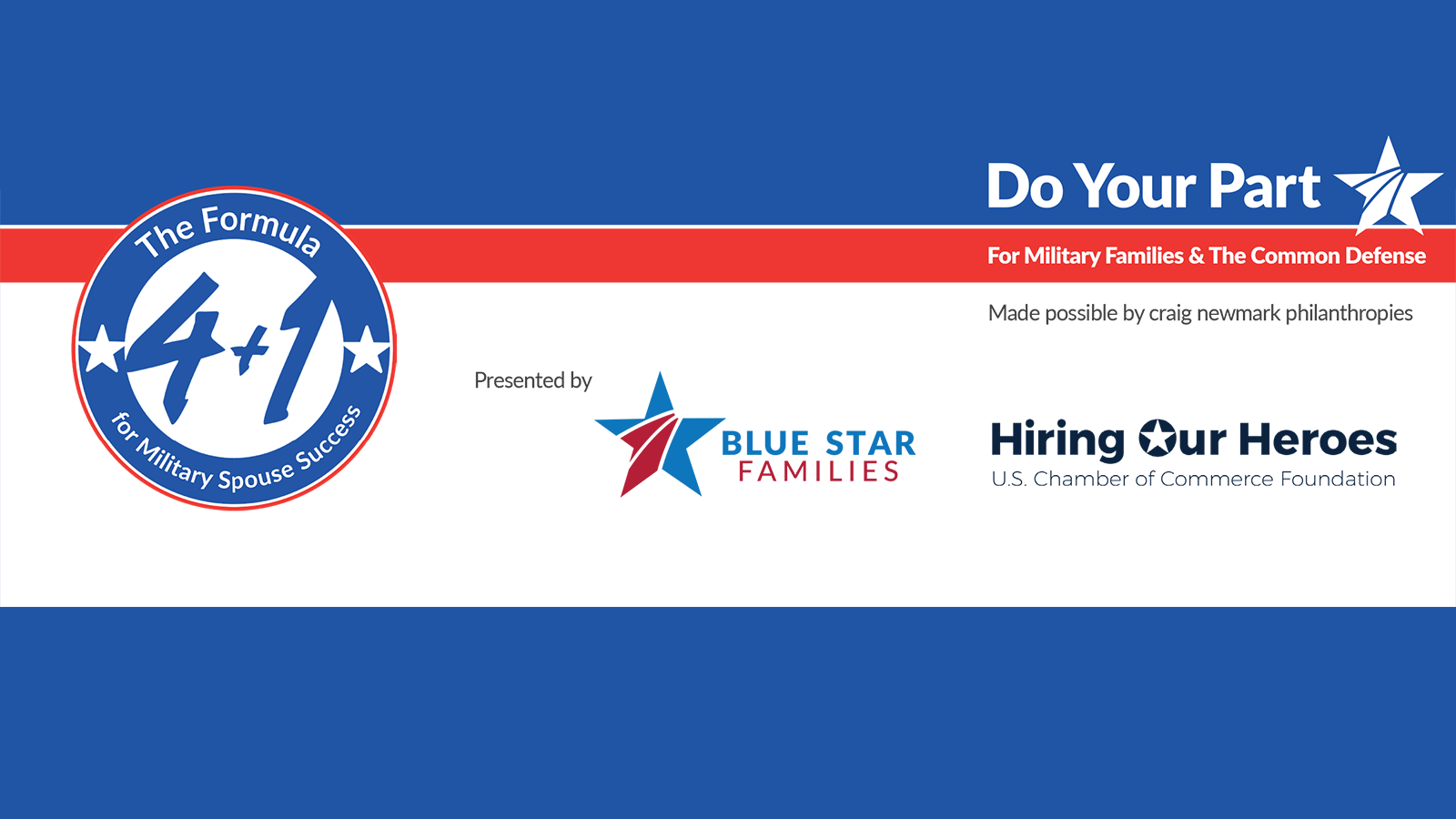
Preparing for a first interview can be a daunting task, especially for transitioning military job seekers. Recently, Brian Henry, former Marine Corps Officer and Senior VP of Operations at Orion, joined our podcast, From the Battlefield to the Boardroom to discuss some frequently asked interview questions, offering insight on what employers want to know when they ask these questions, keys to successfully answering, and what to avoid.
"Tell me about yourself."
"Expect this to be the opening question during your interview," Brian stated. "This is a very commonly used question that gives companies a chance to hear your story in a way that will resonate with them."
"The best way to answer this question is to split your answer into four parts: where you grew up, where you went to school, your military experience, and then summarize your transition out of the military and what you want to do," Brian said. Outline your thoughts and write it down, and tailor your response to traits or experiences that align well with the role. "Keep this answer to 3-4 minutes, and do not be long-winded," Brian warned. "Avoid going billet by billet, and instead summarize and emphasize key skills in the overview."
"What are your three greatest strengths?"
"Companies are trying to find out if your key strengths closely align with what they are looking for in a candidate for the job," Brian advised. Emphasize your strengths that are most relevant for the position you are interviewing. "Brainstorm and list out all of your strengths and build out good, detailed examples to highlight these qualities," Brian stated. "Analyze the position description and pick the most impactful strengths related to the position."
"The best practice when answering this question is to list the first two qualities, and explain the third example in more detail," he said. "Make your third example the most important and strongest example." Avoid giving a long response, and stay away from unrelated strengths that are not relevant to the position.
"What is your most significant achievement?"
"This is one of the most powerful interview questions, because it gives the company an opportunity to hear the scope of your responsibility and accomplishments," Brian stated. Pick one example that shows the complexity of the problem that you solved that incorporates the strengths and skills that are important to the company. "Pick an accomplishment that has a duration to it and was not finished in a day," Brian advised.
"Stay away from an example that is common, like graduating from college," he said. "Show some depth in your story, and stay away from personal achievements - keep it professional."
"What is your leadership style?"
"Companies ask this question frequently, because they value this characteristic, and so they want to hear about it," Brian said.
In order to answer this question successfully, have multiple examples about a time that you successfully led your team to impressive results. "Come up with four or six examples that show that you have a participative leadership style; for example, leading from the front, not being afraid to get your hands dirty, getting the job done, having the ability to adapt your style to meet the needs of your team, etc.," Brian stated.
"Stay away from any examples that resulted in a negative outcome and examples with a militaristic or rank-driven leadership style," he advised.
"What are some of your goals?"
"With this question, companies are trying to get a sense of your future goals to determine if a job within the company aligns with your own goals," Brian stated. When answering, break down goals into short-term and long-term goals. "Your short-term goals should be to learn quickly in the new position, adapting and developing a reputation as a great performer," he said. "Your long-term goals should be to continue to be challenged, always wanting and striving to learn, and be given an increase in responsibility," Brian said. Avoid being too specific in title and time frame, he warned.
Brian offered some final advice on answering frequently asked interview questions, urging candidates to use the STAR format and having a detailed library of stories that you can easily use for any interview question that is posed. "If you follow this practice, no question should surprise you, and it will pay in dividends," Brian assured.
Listen to the full podcast, and for more interview help, check out our Interview Essentials page, which is full of information on how to prepare for an interview every step of the way.
Archives
- December 2025
- November 2025
- October 2025
- September 2025
- August 2025
- July 2025
- June 2025
- May 2025
- April 2025
- March 2025
- February 2025
- October 2024
- May 2024
- March 2024
- February 2024
- January 2024
- December 2023
- November 2023
- October 2023
- September 2023
- August 2023
- July 2023
- June 2023
- May 2023
- April 2023
- March 2023
- February 2023
- January 2023
- December 2022
- November 2022
- October 2022
- September 2022
- August 2022
- July 2022
- June 2022
- May 2022
- April 2022
- March 2022
- February 2022
- January 2022
- December 2021
- November 2021
- October 2021
- September 2021
- August 2021
- July 2021
- June 2021
- May 2021
- April 2021
- March 2021
- February 2021
- January 2021
- December 2020
- November 2020
- October 2020
- September 2020
- August 2020
- July 2020
- June 2020
- May 2020
- April 2020
- March 2020
- February 2020
- January 2020
- December 2019
- November 2019
- October 2019
- September 2019
- August 2019
- July 2019
- June 2019
- May 2019
- April 2019
- March 2019
- February 2019
- January 2019
- December 2018
- November 2018
- October 2018
- September 2018
- August 2018
- July 2018
- June 2018
- May 2018
- April 2018
- March 2018
- February 2018
- January 2018
- December 2017
- November 2017
- October 2017
- September 2017
- August 2017
- July 2017
- June 2017
- May 2017
- March 2017
- February 2017
- January 2017
 RSS Feed
RSS Feed




















